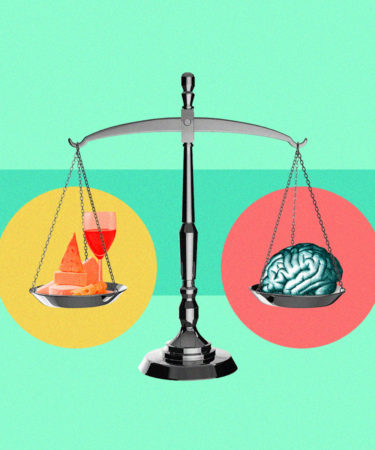With the Holidays in full swing, many are trying to curb winter cravings — but maybe they don’t have to.
Iowa State University recently conducted a research study to test the ties between a healthy diet and late cognitive function, and the results may surprise you.
The study was published in the November 2020 issue of the Journal of Alzheimer’s Disease, after the research team found that cheese can significantly aid those at risk for Alzheimer’s. Other foods were also found to “improve long-term cognitive prowess,” and the daily consumption of red wine “was related to improvements in cognitive function.”
The team tested data collected from 1,787 adults between the ages of 46 to 77 years old. This information was supplied by the UK Biobank, which is a large-scale biomedical database with specific genetic and health information on 500,000 participants.
Those studied completed three rounds of testing in which their ability to “think on the fly” was measured, and information about their diet was collected. Participants were asked how often they consumed different meats, greens, and beverages — including wine, beer, and spirits.
Iowa State University published four key takeaways from the study, the first of which was that cheese proved to be by far “the most protective food against age-related cognitive problems.”
Similarly, the weekly consumption of lamb was linked to improvements in long-term cognitive prowess and the daily consumption of alcohol — especially red wine — was related to improved cognitive function. The team also warned that individuals who are already at risk for Alzheimer’s Disease should avoid excessive salt, as overconsumption could lead to cognitive problems down the line.
Sounds like the perfect excuse to feast on cheese and open some special bottles of red this Holiday season (not that one was needed).
